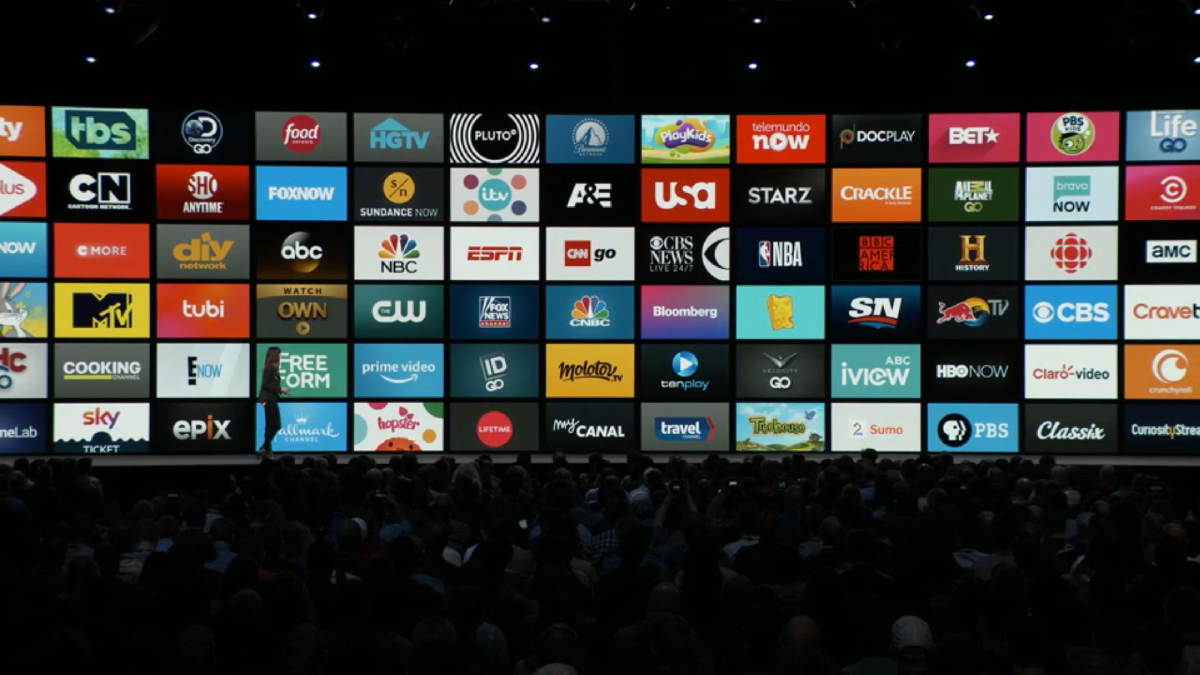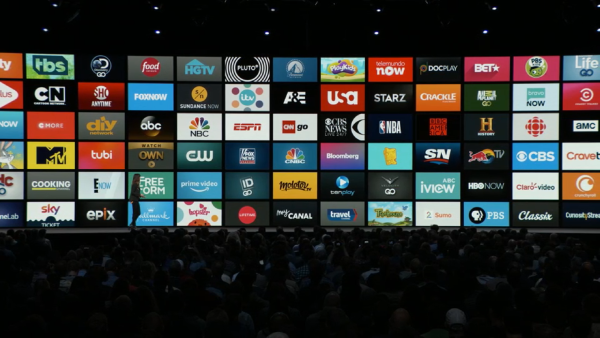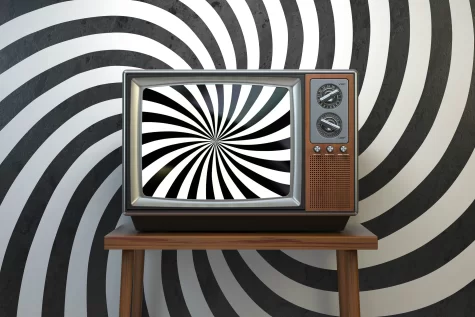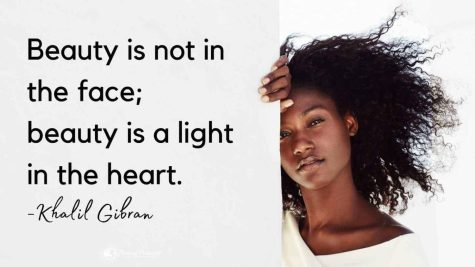Does Wealth Translate to Happiness?
People wonder whether money can really buy happiness, we look at all the exotic vacations, designer clothes, and expensive cars it may provide for us. But what people do not see is that money is a need in life to live and make sure we have all the necessities to do so. So, when people’s lives begin to be driven by money, they tend to push themselves to work all the time, but this could lead to stress and unhappiness.
Money does not translate to happiness because when people start putting their mind towards money there is no personal time for them to relax and be with family. So, when all someone thinks about is money and no family or friends, they end up losing people that care for them. According to upjourney.com it says, “What really affects our happiness more than how much money we have or make is our attitude towards money and the way that we handle it.” When wanting to gain more income and making the job more important than necessities in their life, happiness tends to slowly fade away. In arrestyourdebt.com it states, “whether someone has made their money over many years or has had a sudden windfall that made them rich overnight, is that even having enough money to take care of all the necessities of life is not enough to make anyone happy – all the time.” From time-to-time money can provide us with joy and excitement but it does not give that internal feeling of being free. 
Many people may argue that money does buy or translates to happiness because it can buy materialistic things that they like to accede their pleasure. When someone gains enough money, it makes them want to accelerate more into their job and what they do. This is when they become joyful over how much they have and want to continue making as much money as they can, to satisfy their needs and wants. In the article on “nbcnews.com” it states, “Research in 2019 found that big lottery wins increased people’s life satisfaction, and a 2007 study concluded that people who won up to $200,000 from the lottery had better psychological health than people who did not win at all. These studies show that when people received a vast amount of money from winning the lottery, they became extremely happy in ways that other people were not. So, most people might say even through research some studies show that most people’s happiness goes up by a mile but that is not true for all.
Furthermore, a study was made with 522 people that kept a diary for 30 days, tracking their daily events and their emotional responses to them. Many people’s income in the previous year ranged from less than $10,000 to $150,000 or more. There were no differences in how many times they experienced distressing events, no matter how much income they had. Other people with higher incomes did experience less negative intensity from those events. But in a 2010 study, Nobel laureate Daniel Kahneman and Angus Deaton explored two aspects of what’s known as “subjective well-being.” They also made a distinction between emotional well-being and life evaluation. Emotional well-being is defined as “emotional quality of an individual’s everyday experience like the intensity of experiences of joy, anxiety, sadness, anger, affection that makes one’s life pleasant or unpleasant.” Then Life Evaluation “refers to a person’s thoughts about their life.” So, in the present study they confirmed that getting more money makes people think their lives are better, but it doesn’t make them feel any better. They find that the effects of income on the emotional dimension of well-being satiated fully at regular income of $75,000. But they confirmed the contribution of higher income to improving individuals’ life evaluation, even the people who are well off already.
Overall, not having enough money can affect a person’s emotional well-being negatively. But even when there’s enough money, having more of it doesn’t start to positively affect people’s well-being. When most people are asked, “what makes them happy,” they normally say taking time with friends or family, playing sports, or just lying in bed relaxing made them happy. Some would say they thought money would’ve made them happier than anything else, but people today are stuck between ancient emotions and an environment that continues to push everyone to achieve and acquire. For inference, lots of celebrities have a rough time living their rich life, most start to realize that being rich is the problem. An example of money not being able to buy happiness is

the 34-year-old singer Lizzo, she had opened up about the struggle with her mental health in a TikTok she made that had gone viral. In the article on “bodyandsoul.com” explains Lizzo’s TikTok, it says, “you can be the coolest, richest person ever and it doesn’t buy you any happiness. Money doesn’t buy you happiness, I’m just telling everyone now anyone who has internal issues they need to work out, work it out now because money, fame, or success or even getting older doesn’t really fix that stuff.” This shows that money can’t make anyone happy, it can only make life easier. So, while many think their lives would become better if they hit the lottery or got a raise, they wouldn’t be any happier than they were even before receiving money or a higher income. Now this shows money really doesn’t buy happiness.
Your donation will support the student journalists of Wesley Chapel High School. Your contribution will allow us to purchase equipment and cover our annual website hosting costs.


























